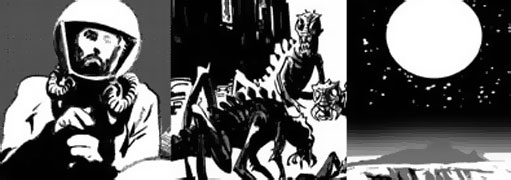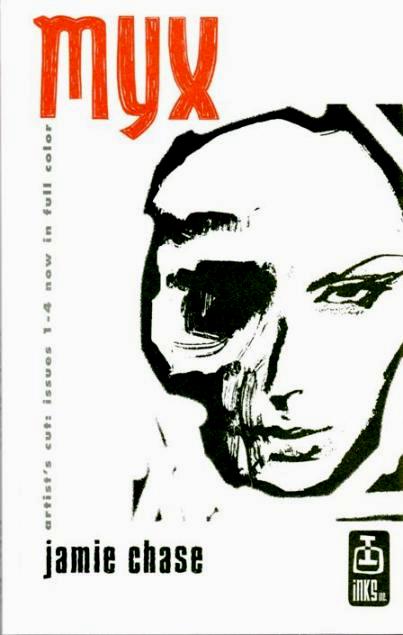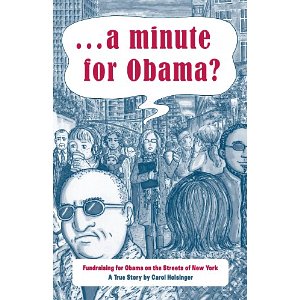The Comic Book Lovers On The Alibi Editorial Staff Review A Handful Of New 7000 Bc Offerings.
Tiny Reviews Of Local Creations






Latest Article|September 3, 2020|Free
::Making Grown Men Cry Since 1992








